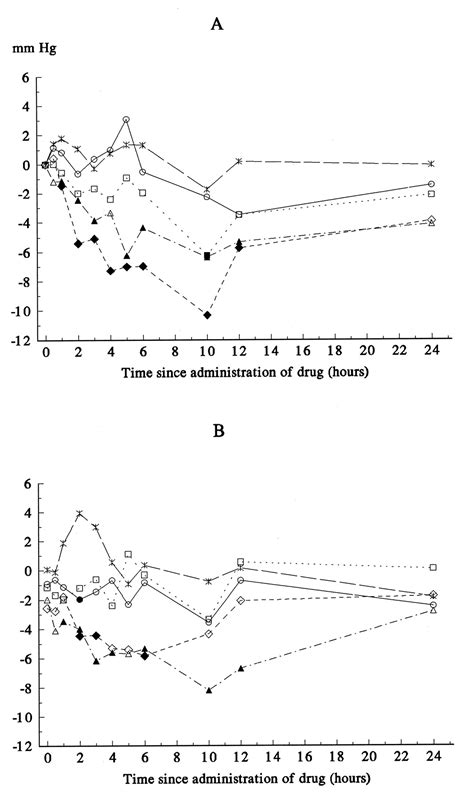Intro
Discover the versatile uses of Losartan, a potent angiotensin II receptor blocker, in treating hypertension, diabetic nephropathy, and heart failure, while also exploring its effects on cardiovascular health and kidney protection.
Losartan is a medication that has been widely used in the medical field for its efficacy in treating various health conditions. It is an angiotensin II receptor antagonist, which means it works by blocking the action of a natural chemical that narrows blood vessels, allowing blood vessels to widen and improve blood flow. This mechanism of action makes losartan a versatile medication with multiple uses. In this article, we will delve into the 5 primary uses of losartan, exploring its benefits, working mechanisms, and practical examples.
Losartan has been a cornerstone in the treatment of hypertension, also known as high blood pressure. Hypertension is a condition that can lead to serious health complications, such as heart disease, stroke, and kidney disease, if left untreated. Losartan helps to lower blood pressure by relaxing blood vessels, making it easier for the heart to pump blood. This, in turn, reduces the risk of developing cardiovascular diseases. The effectiveness of losartan in managing hypertension has been well-documented in various clinical trials, making it a preferred choice among healthcare professionals.
The importance of losartan extends beyond its antihypertensive properties. It has also been found to be beneficial in protecting the kidneys from damage, particularly in patients with diabetes. Diabetes can cause kidney damage over time, leading to a condition known as diabetic nephropathy. Losartan has been shown to slow the progression of kidney disease in diabetic patients by reducing proteinuria, which is the presence of excess proteins in the urine. This protective effect on the kidneys is a significant aspect of losartan's use, as it helps to prevent the development of end-stage renal disease.
Losartan and Hypertension

Protective Effects on the Kidneys

Losartan in Heart Failure

Losartan and Stroke Prevention

Additional Benefits of Losartan

Key Points About Losartan
- Losartan is an angiotensin II receptor antagonist used primarily to treat high blood pressure and protect the kidneys. - It works by blocking the action of angiotensin II, a natural chemical that narrows blood vessels. - Losartan's use extends to the management of heart failure, stroke prevention, and potentially other cardiovascular conditions. - Its protective effects on the kidneys are particularly beneficial for patients with diabetic nephropathy. - Losartan is often used in conjunction with other medications and lifestyle modifications to achieve optimal results.The use of losartan in clinical practice is guided by its efficacy, safety profile, and the specific needs of the patient. While it offers numerous benefits, it is essential to follow the prescribed dosage and monitor blood pressure and kidney function regularly. As with any medication, potential side effects should be discussed with a healthcare provider to ensure safe and effective use.
In conclusion, losartan is a versatile medication with a range of clinical applications, from hypertension management to kidney protection and beyond. Its benefits are well-documented, and its use has been associated with improved outcomes in patients with cardiovascular diseases. As research continues to uncover the full potential of losartan, its role in the management of various health conditions is likely to expand, offering new hope for patients seeking effective treatment options.
What is the primary use of losartan?
+Losartan is primarily used to treat high blood pressure (hypertension) and to protect the kidneys from damage in patients with diabetes.
How does losartan work?
+Losartan works by blocking the action of angiotensin II, a natural chemical that narrows blood vessels, allowing blood vessels to widen and improve blood flow.
What are the potential side effects of losartan?
+Common side effects of losartan include dizziness, headache, and fatigue. However, it is essential to discuss any concerns with a healthcare provider, as they can provide personalized advice based on individual health status.
Can losartan be used in patients with heart failure?
+Yes, losartan can be used in the management of heart failure. It helps to reduce blood pressure and decrease the workload on the heart, improving symptoms and reducing the risk of hospitalization.
Is losartan safe for patients with kidney disease?
+Losartan can be beneficial for patients with kidney disease, particularly those with diabetic nephropathy, as it helps to slow the progression of kidney disease. However, its use should be monitored closely by a healthcare provider to ensure safe and effective treatment.
If you have found this information about losartan useful, we invite you to share your thoughts or questions in the comments section. Your engagement is valuable to us, and we look forward to hearing about your experiences or concerns regarding losartan or any other health-related topics. Additionally, if you know someone who might benefit from this information, please consider sharing this article with them. Together, we can work towards creating a community that prioritizes health education and supports individuals in making informed decisions about their well-being.
